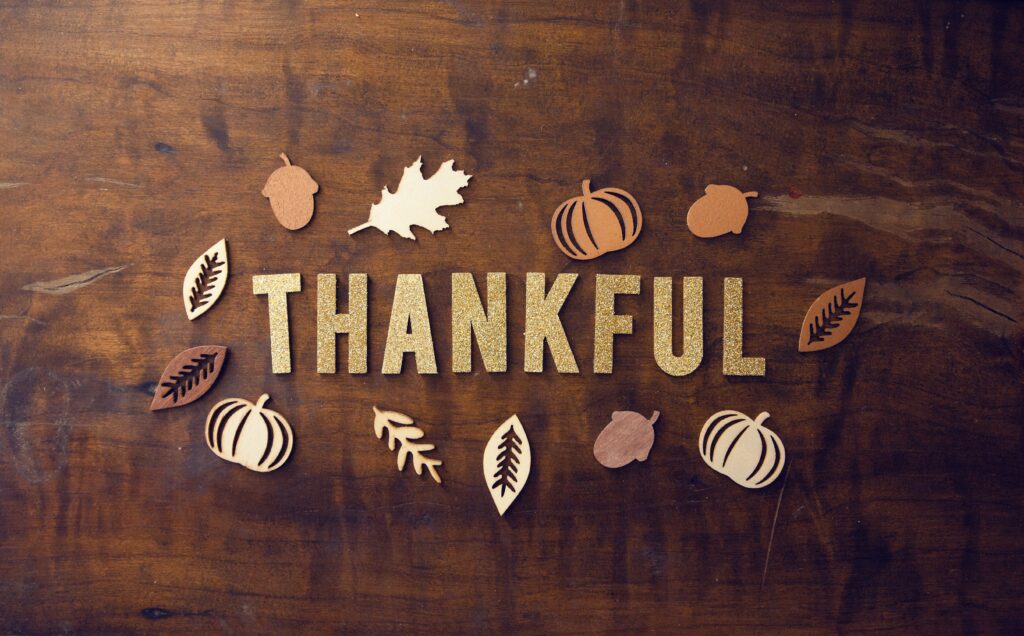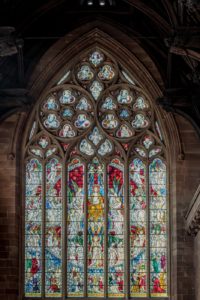 [The Shepherd’s Echo is a reposting of a previously published TheShepherdsPen.]
[The Shepherd’s Echo is a reposting of a previously published TheShepherdsPen.]
Shadows are funny things. They are visually there, but they are not substantively there. A shadow can arrive before a person does, or it can remain behind for a bit after the person leaves. In either case, it is not the actual person, but a silhouette, so to speak, of that person. In that respect, Biblical prophecy actually casts a shadow on history, as events can precede an event, or leave a shadow behind.
It should be no surprise to us that our week of Easter generally coincides with the Passover celebration. If we look at Scripture closely, that is what has been predicted all along. In other words, it was no coincidence that Christ fulfilled His Messianic prophecy at the time of Passover. The Old Testament had long predicted the coming of a Messiah to bring salvation. In fact, Genesis 3:15 announces this coming of the Messiah that would eradicate the effects of sin, and “crush” the head of Satan.
We see in Exodus that the Israelites were redeemed out of Egypt by the blood of the Passover lamb that was placed upon their doorposts and lintels, a definite allusion to redemption through the blood of the Lamb of God, Jesus Christ. Leviticus establishes the sacrificial system of atonement, another allusion to our sin being atoned for by the blood of Christ. Isaiah 53 announces the coming of a more perfect sacrificial Lamb, one that would be the perfect sacrifice (Hebrews 7:27). Long shadows cast on the face of history.
The bottom line is that there is a long shadow cast in the Old Testament. It is the shadow of a coming Messiah that is fulfilled in the coming of Jesus Christ. Perhaps, one of the most obvious is the Passover celebration itself. It was instituted by God to commemorate the rescue of God’s people from slavery in Egypt. The celebration was to be a living memorial, an ongoing event that would serve to remind the Israelites of their deliverance by the hand of God.
Colossians 2:16-17 “Therefore let no one pass judgment on you in questions of food and drink, or with regard to a festival or a new moon or a Sabbath. These are a shadow of the things to come, but the substance belongs to Christ.”
Passover only pointed to a greater deliverance, one from the slavery to sin. God was the Great Deliverer who brought us out from the domain of darkness and into the kingdom of His blessed Son (Colossians 1:13-14). Christ instituted the Lord’s Supper, which is a Passover of the new covenant, a Passover designed to remember that we have been bought with a great price, which we shouldn’t forget. The meals of fellowship instituted by God foreshadowed fellowship with Him through Christ. But they were only meals. The True Bread of Life came in the Person of Jesus Christ (John 6).
Even the Lord’s Supper itself is foreshadowing another event, the Marriage Supper of the Lamb in Revelation 19. “Let us rejoice and be glad and give the glory to Him, for the marriage of the Lamb has come and His bride has made herself ready” (Revelation 19:7). This is a time in Heaven when all believers in Christ will enjoy a fellowshipping feast, “Blessed are those who are invited to the marriage supper of the Lamb” (Revelation 19:9). Therefore, it is good to celebrate this event of Passover and the Lord’s Supper as we look expectantly and longingly toward eternal fellowship with our God and King through the Person and work of Jesus Christ our Savior.
May the Peace of the Lord be with you this Easter!






